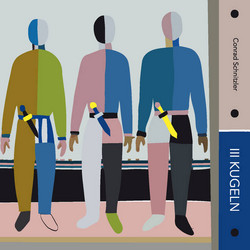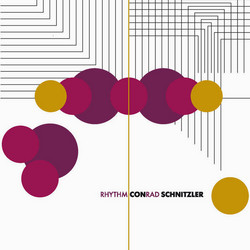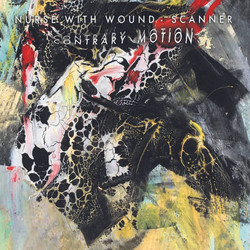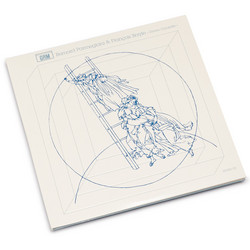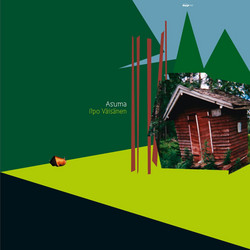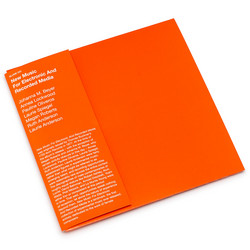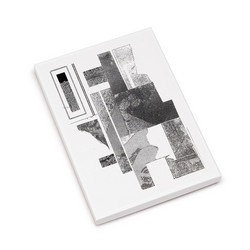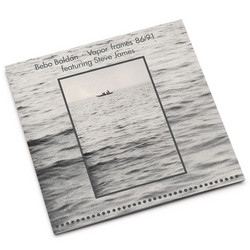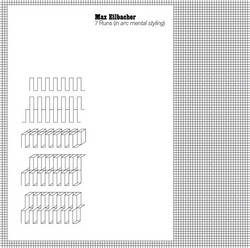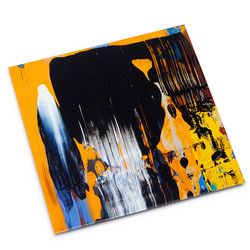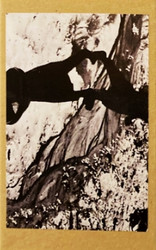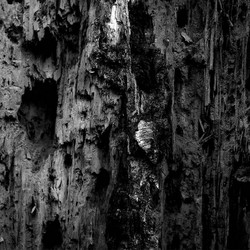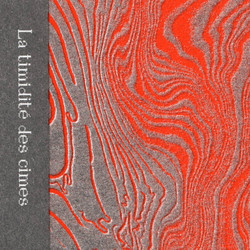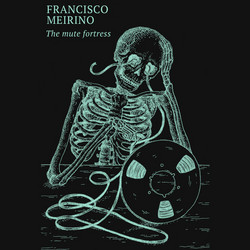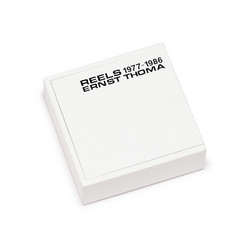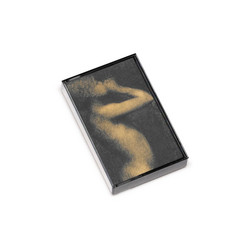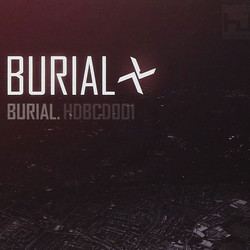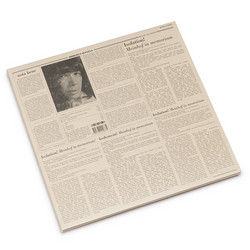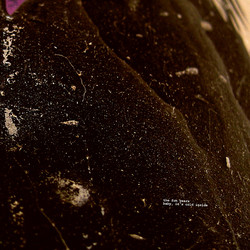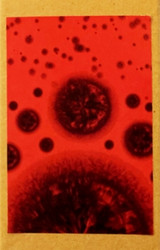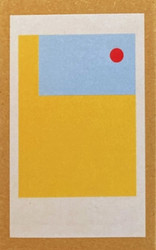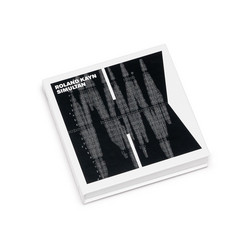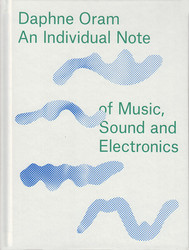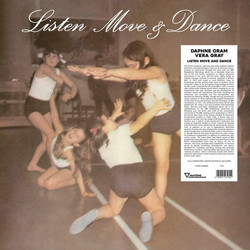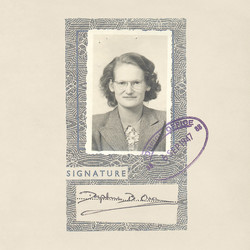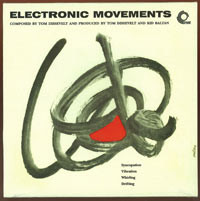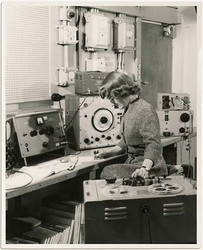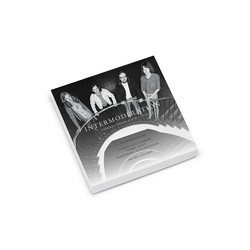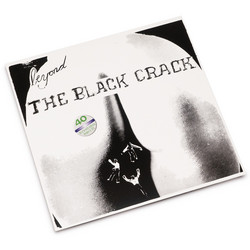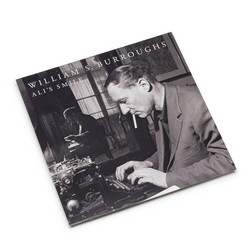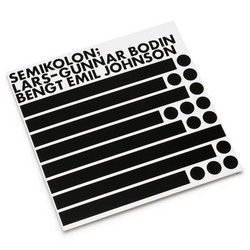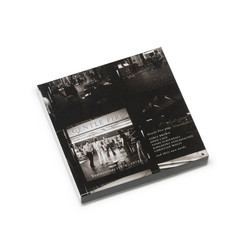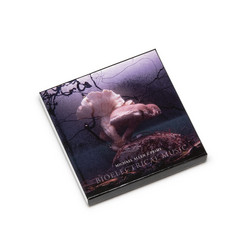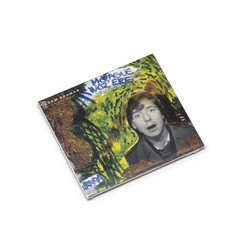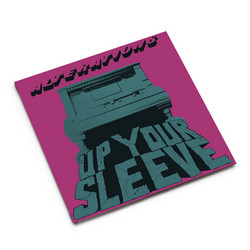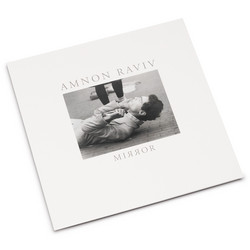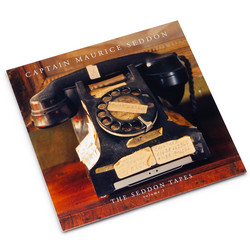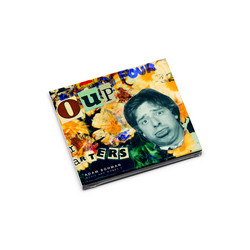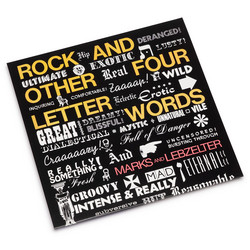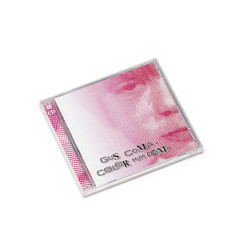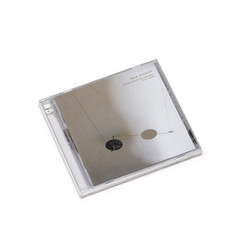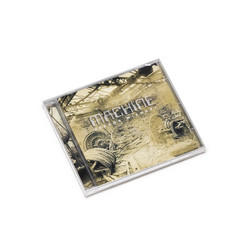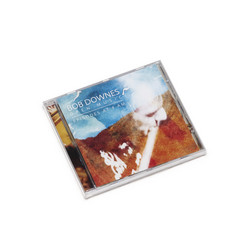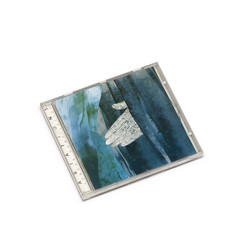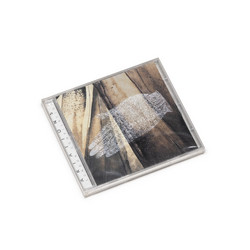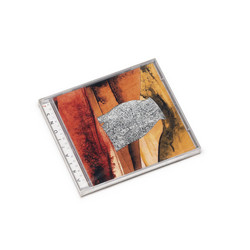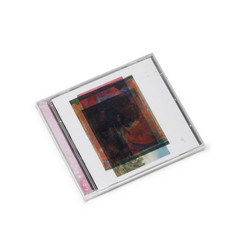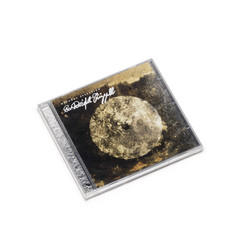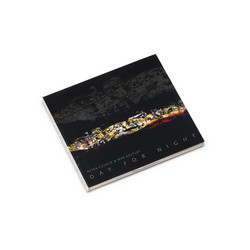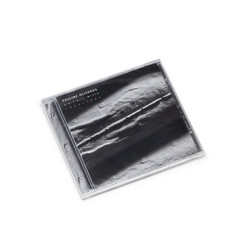Comes with 16 page booklet. Daphne Oram is best-known for the design of her Oramics system, and also for co-founding the BBC Radiophonic Workshop in 1957, but until the release of this material, the only easily-available piece of music by her on CD was the 8-minute long "Four Aspects." There was also a 7" EP from 1962 on HMV, released as part of the Listen, Move and Dance series that was specifically designed to help children dance. Although the short pieces on this record are very basic, it could be argued that this is the first-ever electronic dance record! This is a survey of nearly all the major pieces that she produced since her departure from the BBC in January 1959 until her final tape piece in 1977.
During this time, she worked independently in her home studio, and thanks to a grant from the Gulbenkian Foundation in 1962, she was able to pursue her interests. In Britain there were no state-funded studios other than the Radiophonic Workshop, which mainly existed at the behest of the drama studio and was not generally seen as a place to develop personal artistic ideas. There were also no university studios at this time, so it was necessary for British electronic composers to be self-funded. Throughout this period, she devoted her attention to developing her Oramics "drawn sound" system, which consisted of a large machine that enabled drawn patterns to be converted into sound. This system was eventually fully realized in the late '60s and several pieces here incorporate its use.
The two and-a-half hours of music on this 2CD set covers the whole range of Oram's post-BBC output. All of the music is electronic with some occasional use of real instruments, especially small percussion and piano frame. There is also some use of musique concrète techniques. The works fall roughly into the following categories: works for TV and cinema advertising, film soundtracks, music for theater productions, installations and exhibitions as well as concert pieces and several studio experiments. There are also a few short pieces that resulted from an experimental music course given by Oram at a high school in Yorkshire in 1967
Comes with 16 page booklet. Selection of works from the archives of Daphne Oram who is known best for the design of her Oramics system, and also for co-founding the BBC Radiophonic Workshop in 1958. All tracks are from the post BBC era 1958-1977, recorded in her home studio Tower Folly, Kent. © Paradigm Discs 2007 Made in the UK
